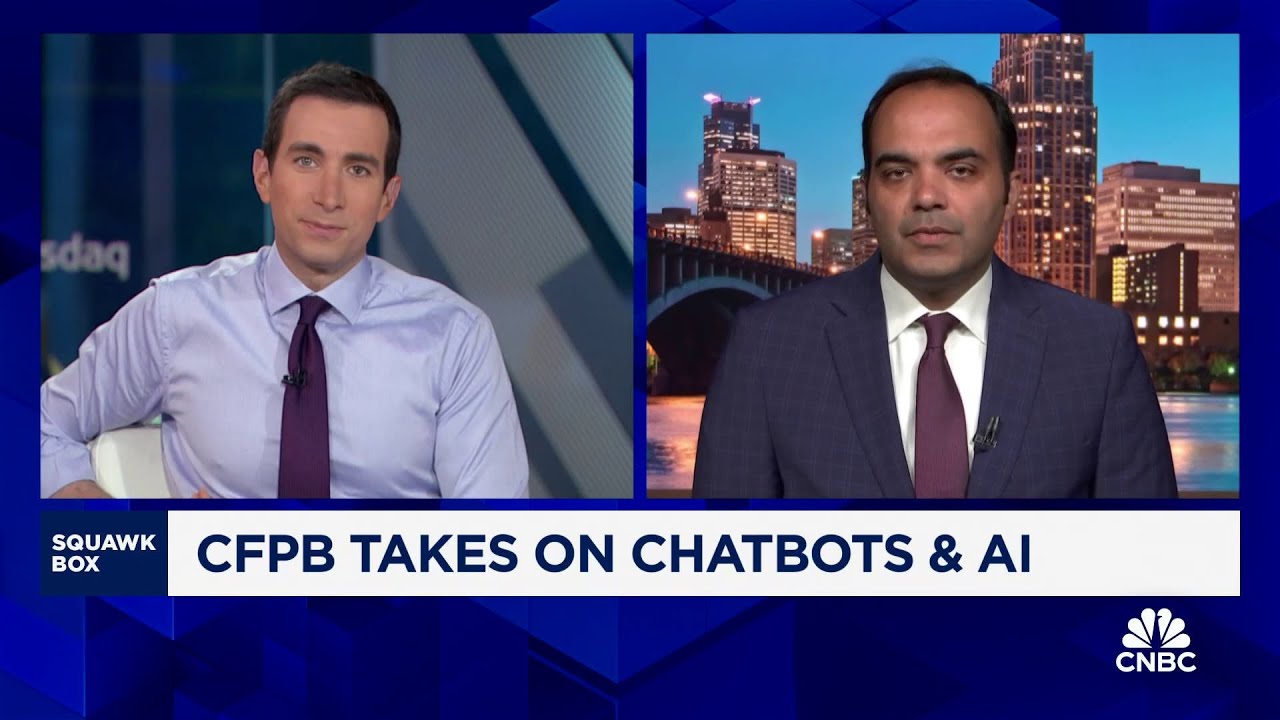In a discussion on “Squawk Box,” CFPB Director Rohit Chopra outlined a new regulatory plan aimed at simplifying subscription cancellations and improving transparency in automated customer service interactions, advocating for a “click to cancel” model. He emphasized the importance of consumer rights and clear communication, urging companies to disclose when consumers are interacting with AI chatbots and to be accountable for excessive hold times.
In a recent discussion on “Squawk Box”, Rohit Chopra, the Director of the Consumer Financial Protection Bureau (CFPB), addressed the Biden Administration’s new multi-agency regulatory plan aimed at improving consumer experiences with subscription services and automated customer service systems. The plan focuses on simplifying the cancellation process for subscriptions, which often become difficult for consumers to navigate. Chopra emphasized the need for a “click to cancel” model, making it as easy to cancel a subscription as it is to sign up for one.
Chopra highlighted the growing trend of companies adopting subscription models, which can lead to unexpected charges and complicated cancellation processes for consumers. He shared a personal anecdote about a software subscription that continued to charge him despite his desire to cancel, illustrating the frustration many consumers face. The CFPB aims to ensure that consumers are well-informed about the terms of their subscriptions and can easily manage recurring charges.
The conversation also touched on the role of banks and technology companies in facilitating easier subscription management. Chopra mentioned that the CFPB is working with financial institutions to help consumers lock in recurring charges and streamline the cancellation process. He acknowledged that while subscription models can provide businesses with steady revenue, they should not come at the expense of consumer rights and transparency.
Regarding automated customer service, Chopra stated that companies should clearly disclose when consumers are interacting with AI chatbots instead of human representatives. He noted that this transparency is crucial for building trust and ensuring that consumers can easily escalate their issues to a human when necessary. The CFPB is advocating for better practices in customer service automation to prevent consumers from feeling lost in complex phone trees.
Finally, Chopra addressed the need for regulations that would limit hold times and improve customer service experiences. He suggested that companies should be held accountable for excessive wait times, especially in critical situations like outages. The discussion underscored the importance of balancing business models with consumer rights, ensuring that companies prioritize clear communication and accessibility in their customer service practices.
